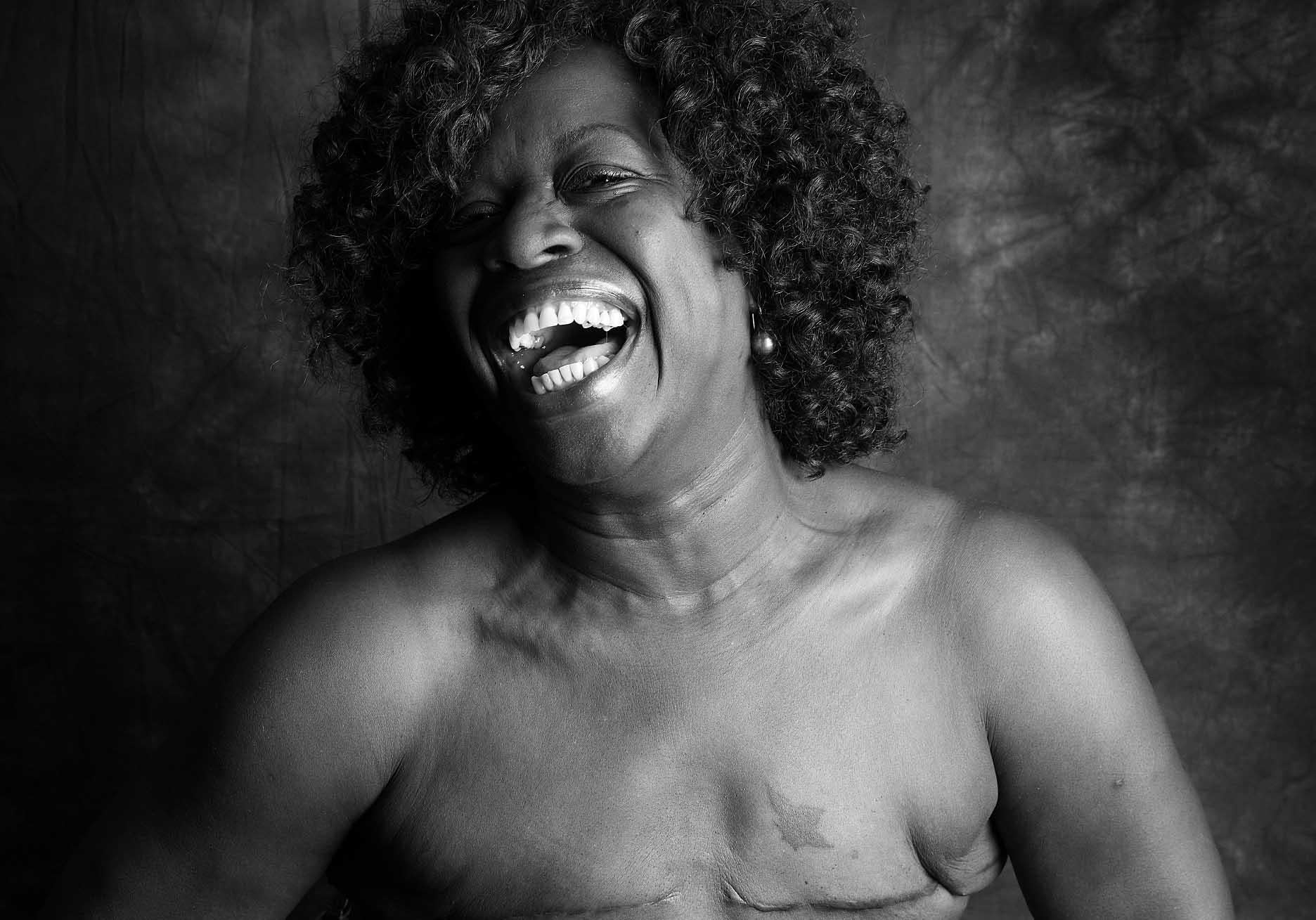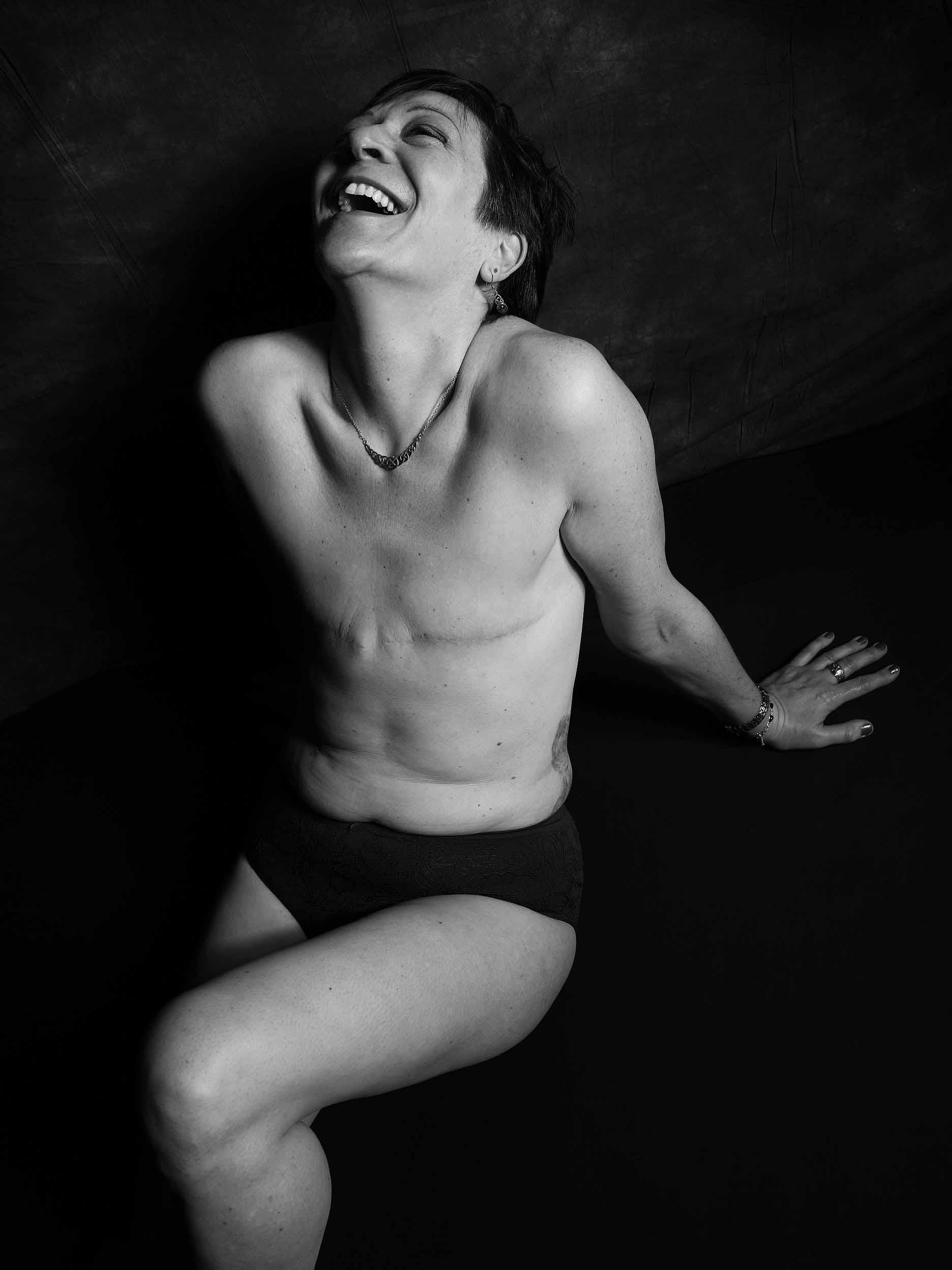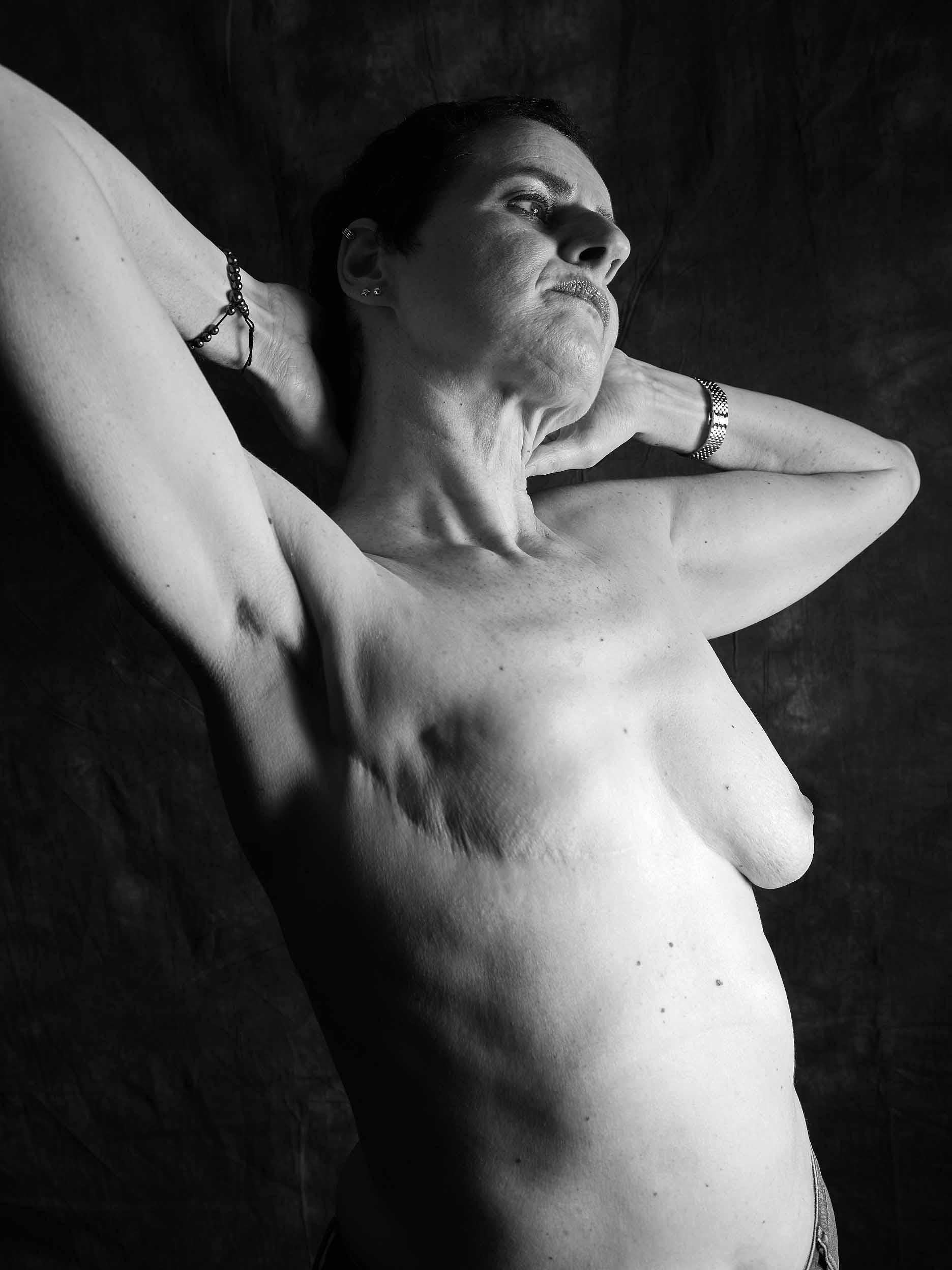Stand Up To Cancer launches powerful campaign of women showing their mastectomy scars
'Despite what they’ve been through, these women are empowered'

Your support helps us to tell the story
From reproductive rights to climate change to Big Tech, The Independent is on the ground when the story is developing. Whether it's investigating the financials of Elon Musk's pro-Trump PAC or producing our latest documentary, 'The A Word', which shines a light on the American women fighting for reproductive rights, we know how important it is to parse out the facts from the messaging.
At such a critical moment in US history, we need reporters on the ground. Your donation allows us to keep sending journalists to speak to both sides of the story.
The Independent is trusted by Americans across the entire political spectrum. And unlike many other quality news outlets, we choose not to lock Americans out of our reporting and analysis with paywalls. We believe quality journalism should be available to everyone, paid for by those who can afford it.
Your support makes all the difference.Fourteen women who have been diagnosed with breast cancer, some of who are still receiving treatment, have taken part in a photo campaign proudly showing their mastectomy scars.
The project, called ‘Mastectomy’, includes a series of gritty and honest portraits released as part of the Stand Up to Cancer campaign to coincide with Breast Cancer Awareness Month this October.
Shot by York-based photographer Ami Barwell, 39, the series was inspired by her mother, Sue, 69, who was first diagnosed with breast cancer in 1993. . She underwent a mastectomy, followed by radiotherapy and chemotherapy, then in 2011 the cancer returned in her lymph nodes and she was treated again with chemotherapy and has since made a full recovery.
Seeing the struggle her mother has experienced over the years, Barwell wanted the campaign to show that these women are “strong, happy and sexy.”
“It was absolutely devastating when my Mum was diagnosed with breast cancer. I wanted to shoot this project to raise awareness and show the defiance of women who remain equally as beautiful without breasts,” Barwell said.
“Stand Up To Cancer is about bringing people together to rebel and rise up against cancer. The photographs show that, despite what they’ve been through, these women are empowered.”
Amongst the women photographed is Mel Johnston, 46, from Merseyside, who was diagnosed with breast cancer in 2014. She had treatment including chemotherapy and surgery but last year, doctors discovered the cancer had spread to both lungs, and is now incurable.

“I’m so proud to be part of this project. Stand Up To Cancer is all about sticking two fingers up at cancer and I think Ami’s captured that beautifully,” she said.
“Since having cancer I want to embrace every opportunity that comes my way and really live life to the max. But I also want to demystify mastectomy scars.
“I’m still a woman and I wanted to show that breasts do not define my sexuality or gender. I’m still me despite having a part of my body missing.”
Another participant, Gillian Trimm, 55, from London, was diagnosed in 2015 and had a double mastectomy.
Talking about her decision to join in on the shoot she said, “I wanted to take part not only to show other people that you can still be sexy and beautiful after a mastectomy but also to celebrate my own journey and to remind myself how strong I am.”
Launched in the UK in 2012, Stand Up To Cancer is a joint fundraising campaign from Cancer Research UK and Channel 4, raising money to support game-changing cancer research that will help save lives.

“We’re honoured to share this incredible project showing truly inspirational women. And we’re grateful to all of them for being part of it. Ami’s powerful images perfectly capture their strength and defiance,” said Rachel Carr, head of Stand Up To Cancer at Cancer Research UK.
“We’ve made amazing progress against cancer over the past few decades, but we know that one in two people in the UK will receive a cancer diagnosis in their lifetime, so we can’t afford to slow down.
“We hope these images will inspire the nation to join the rebellion and help fund our ground-breaking research so that we can help save more lives, faster.”
If you or someone close to you has been affected by cancer and you’ve got questions, you can call Cancer Research UK's nurses for free on 0808 800 4040, open Monday to Friday, 9am to 5pm.
Join our commenting forum
Join thought-provoking conversations, follow other Independent readers and see their replies
Comments